Throughout history, women have been held responsible for upholding the ‘honor’ of their families – often with deadly consequences
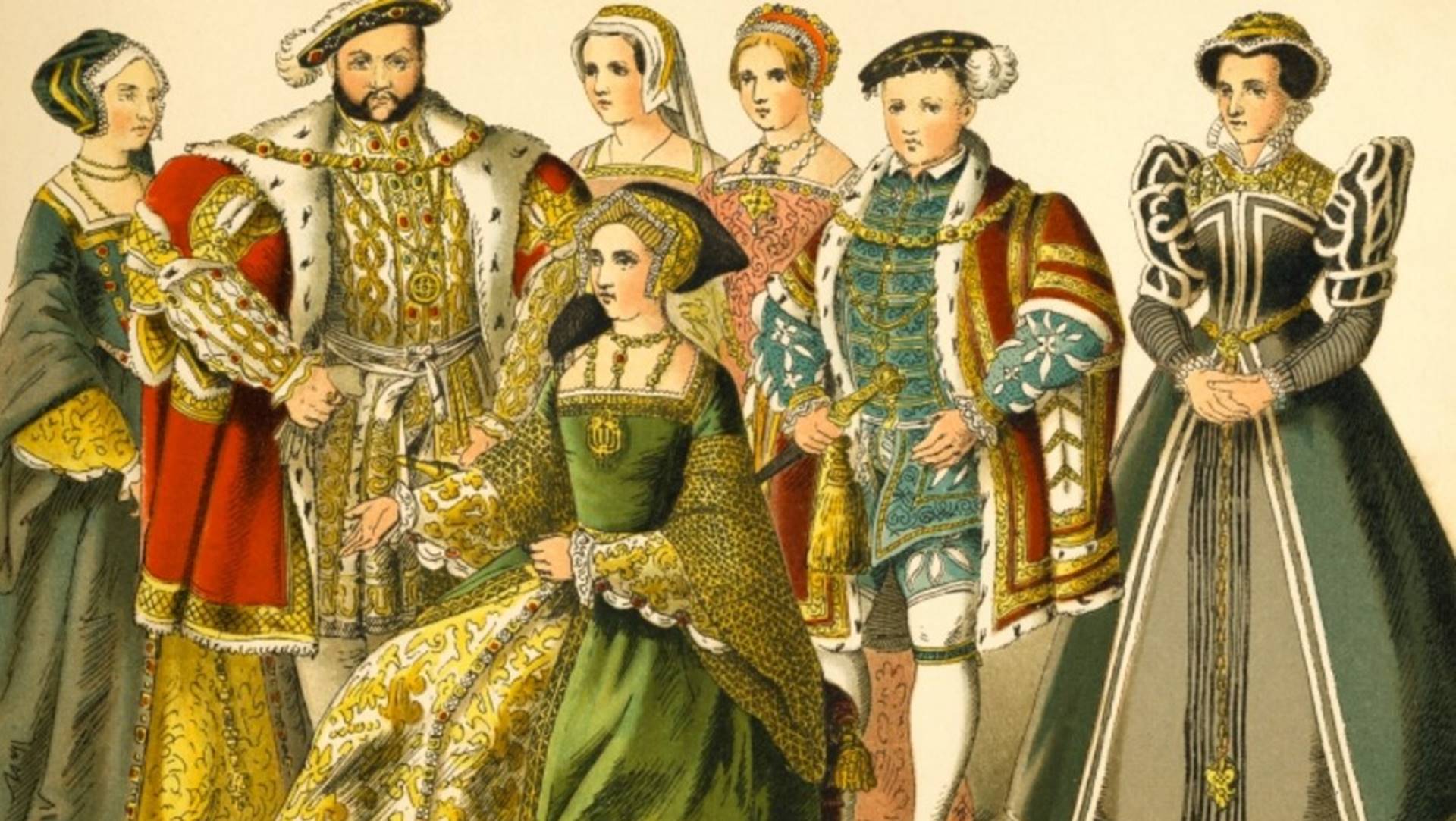
With limited information, questions roiled my mind as I drove up the hill towards the neighborhood. Why had this girl’s life been cut short by her brother? What had her final thoughts been?
My questions would soon be partially answered by a man who was walking through the neighborhood when I arrived. “Yes, I know why she was killed,” he answered calmly as if talking about the weather: “She was raped by one of her brothers and another sibling murdered her to cleanse his family’s honor.”
I asked him again if what he was saying was really true.
“Yes, it is true. That is why she was killed,” the man answered me, before ushering me to the house where the murder took place.
The same “justification” was used by the girl’s uncles when I sat with them to discuss the murder. Her name was Kifaya (“enough”) they told me. “She seduced her brother to sleep with her and she had to die for that,” they said.
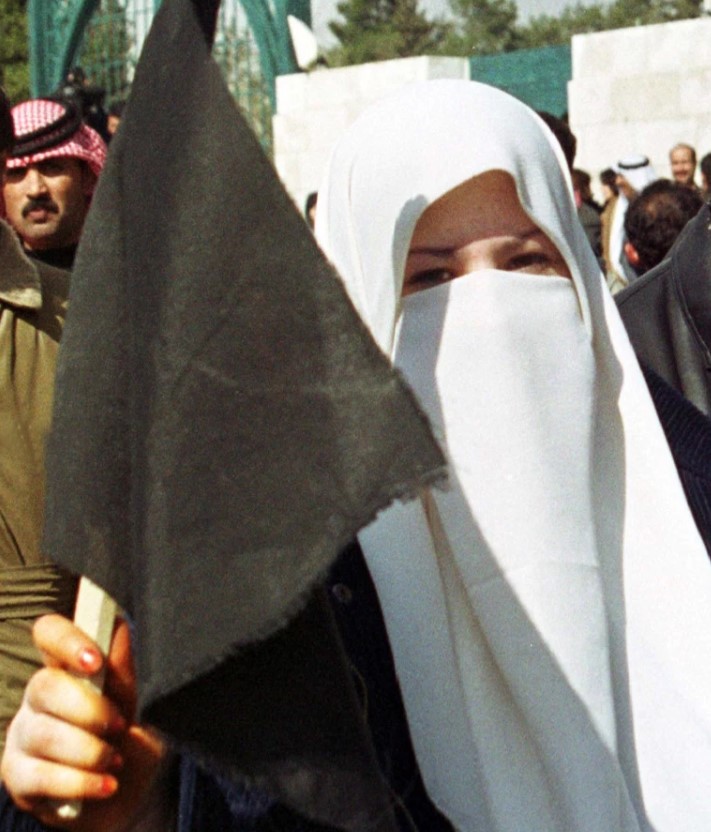
A few months later, I was assigned to cover court hearings on homicides in Jordan. Again, I came across dozens of stories of women who had been murdered by their male relatives for reasons related to so-called “family honor”. Some of these cases I investigated, including Kifaya’s.
To my surprise at that time, the majority of perpetrators would get away with little more than a slap on the wrist. Their sentences would range from three months to two years in prison.
But in Kifaya’s case, the court rejected the “rape excuse that was uttered by her brother and handed him a 15-year prison term for manslaughter”, as I wrote in my report for the Jordan Times. It was an unusually harsh sentence for its time.
But that sentence, like most of those relating to “honor” crimes, was later cut in half because the victim’s family dropped their legal claims against the defendant, who was, of course, also a family member. While sentencing has gradually become more severe over the years, it is still possible in Jordan for defendants to have their sentences cut in half if the victim’s family drops the charges.
Locked up for being a victim
My career has exposed me to another unjust consequence of women being threatened with harm or murder by their family members. In Jordan, dozens of women used to be locked up in prison, without charge, for indefinite periods in “administrative detention”. In other words, the state was imprisoning them to stop them from being killed or harmed. The logic, surely, should have been to imprison the person who threatened them. But that is not what happened.
I discovered that this practice also took place in Yemen when I went there to visit a women’s prison for my work in the late 1990s. Thankfully, Jordan no longer locks women up for being at risk of an “honor” crime – they are now sent to a safe house known as “Dar Amneh” instead, but this cruel practice only came to an end in 2018.
My reporting and activism on this topic began with Kifaya’s story. And my resolve only grew with each new story I heard. I took it upon myself to become the voice of those women who were unable to tell their own stories and to examine and expose the root causes of these types of murders.
Egypt tomb: Sarcophagi buried for 2,500 years unearthed in Saqqara
If a wife violates her duty, she shall be ‘devoured by dogs’
Violence against women has been documented throughout history. Most of the ancient civilizations – among them the Assyrian, Roman, and Sumerian – had penal codes that condemned “women adulterers and their partners” while allowing men to publicly have mistresses with little or no punishment at all.

“All three traditions have, by and large, assumed patriarchy as natural – that is male domination stemming from the view of male superiority,” she wrote in the Journal of International Women’s Studies. “As part of the culture perpetuated by these ideologies, violence towards women was seen as a natural expression of male dominance.
“Ordained by the Gods, supported by the priests, implemented by the law, women came to accept and to psychologically internalize compliance as necessary. Violence towards women in all its forms has and still thrives in such an environment.”
Matthew A Goldstein, a historian who has studied honor killings in the Roman Empire, explains how at the root of such murders – and the concept of “honor” itself – was the desire of men to ensure the children their wives bore were their own. By placing the responsibility for this “honor” on the shoulders of women, those women could be more easily controlled and, therefore, men could be more certain of the progeny of their children. In essence, the simplest way to ensure that men produced offspring of their own lineage was the suppression and control of the sexuality of their female mates.
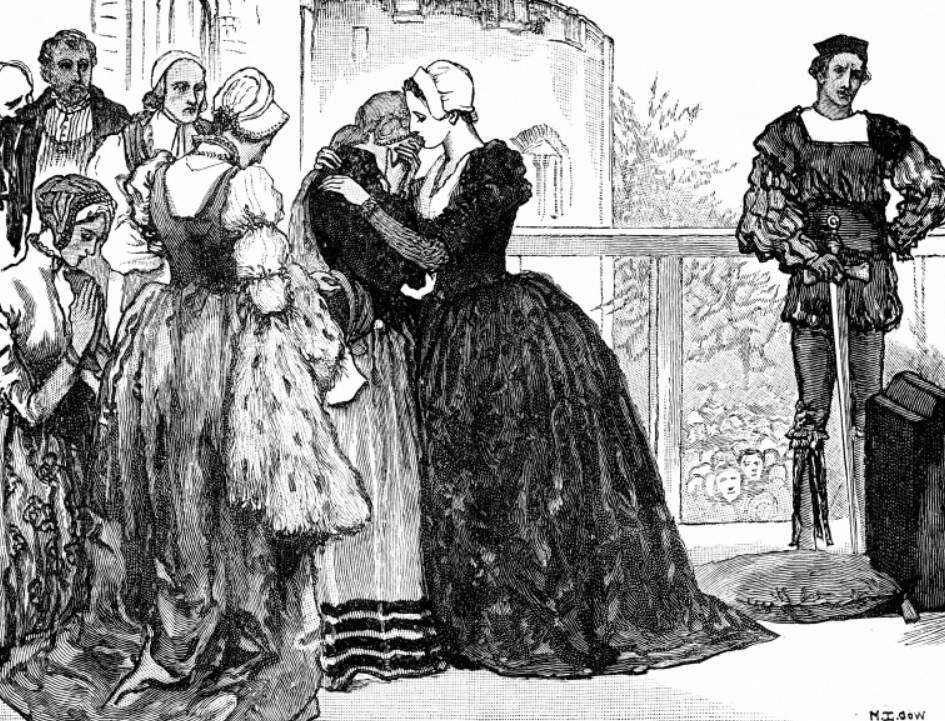
The Romans were not the first to enshrine this concept of “honor” – as borne by women – in law. The Hammurabi Code, which was written in 1780 BC and made law by the Babylonian king, Hammurabi, who reigned in Mesopotamia (modern-day Iraq) from 1792 to 1750 BC, was also severe when it came to penalizing women adulterers. Their punishment was to be tied up and thrown into the river to die. There was no punishment at all for male adulterers in this Code.
The Laws of Manu of ancient India were written around 200 BC. They stated: “Though destitute of virtue or seeking pleasure elsewhere, or devoid of good qualities, yet a husband must be constantly worshipped as a god by a faithful wife.” On the other hand: “If a wife, proud of the greatness of her relatives or [her own] excellence, violates the duty which she owes to her lord, the king shall cause her to be devoured by dogs in a place frequented by many.”
In the 1st century AD, chastity, virginity, and the “good behavior” of women were highly prized across Europe. According to Jacob Burckhardt’s book, The Civilization of the Renaissance in Italy, for example, German adulteresses were flogged and buried alive.
“It was common throughout Europe for men to murder their wives because they suspected infidelity and to kill their daughters because they eloped. It was also common for brothers to kill their sisters because they refused to marry the man their family had chosen for them,” Burckhardt writes.
The situation remained the same in Europe during the Middle Ages.
In 1536, Anne Boleyn, the second wife of King Henry VIII and queen of England in the 1530s, was executed on charges including adultery, witchcraft, incest, and conspiracy against the king. The charges against her were highly suspect. One admission of adultery from her music teacher, Marc Smeaton, was extracted under torture. It is widely accepted by historians today that all Anne was really guilty of was failing to produce a male heir – she gave birth to one daughter and suffered multiple miscarriages, at least one of a male fetus – and having a strong personality. Therefore, the charges against her were likely to have been concocted by the king or his aides as a way to get rid of a troublesome woman and make way for a more compliant consort – Jane Seymour, who was one of Anne’s own ladies-in-waiting – who might be able to produce a son.
The late Egyptian activist and feminist Nawal El-Saadawi pointed out in much of her research that murdering and burning women in the West for adultery was a common practice in the 14th century as well.
In the Dark Ages, “wise and smart women” were considered sorceresses by the Church in Europe and were killed, burned, or locked in hospitals for the “mentally ill”, Saadawi explained. The real reason for these heinous acts, she argued, was that male priests were afraid of losing power. Women with knowledge of plants and other methods of treating the sick offered an alternative to the priests’ use of “holy water and God’s powers”.
There were other reasons why a woman in Europe might find herself murdered by her relatives. In 1546 in Spain, Isabella Morra, the 25-year-old daughter of the baron of Favale, was murdered by her brothers. The reason: She had exchanged poetry with a Spanish nobleman, Don Diego Sandoval de Castro, the governor of Cosenza. Isabella had already been locked away in the family castle before this because her love of poetry was deemed unseemly for a woman.
In Europe, penal codes that punished women for adultery but excused it in men continued throughout the centuries. In France in the early 1800s, four jurists drafted the Napoleonic Code, which placed women under male guardianship, explained Georgina Dopico Black in her book, Perfect Wives, Other Women: Adultery and Inquisition in Early Modern Spain.
The Napoleonic Code stipulated that wives had to obey their husbands, while husbands had the power to send them to solitary confinement for adultery and to divorce them – but not the other way round. If a man caught his wife in the act of adultery and killed her, he was excused by law, Black wrote.
The depiction of women as evil and immoral was also reflected in the world of the arts. In her book, The Second Sex, French philosopher, novelist, and essayist Simone de Beauvoir argued that popular European culture in the 1880s frequently portrayed women as sinners. De Beauvoir argued that plays and operas based on this theme often gave communities the right to punish evil women since their “misbehavior is offensive to the entire community”.
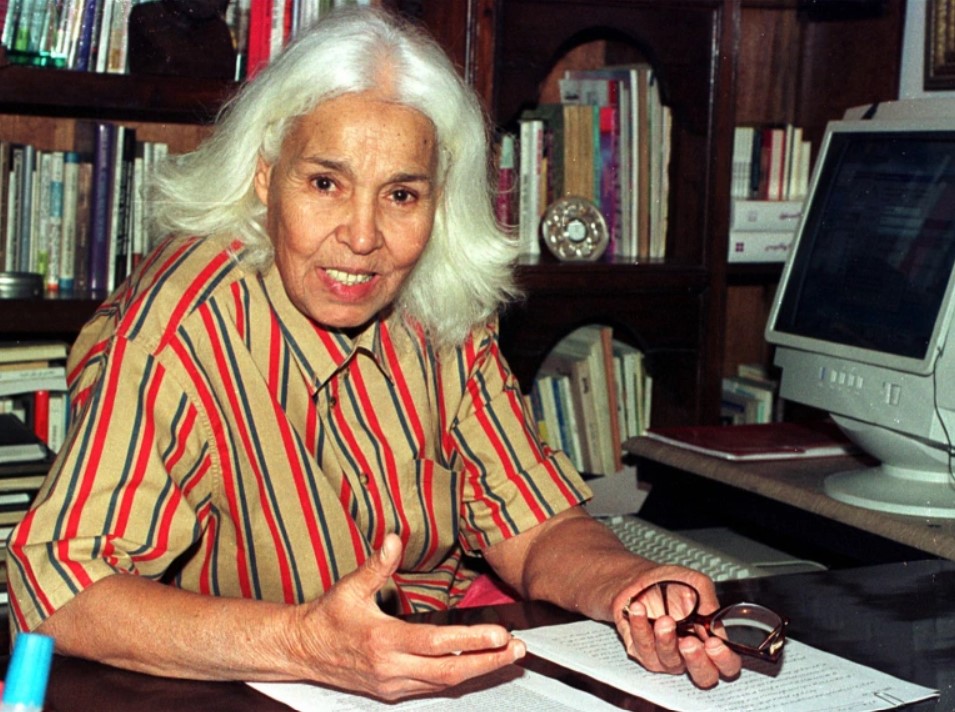
Moving closer to our own time, in 1996, Jordanian scholar and feminist, Lama Abu Odeh tackled so-called “honor” killing. In particular, she addressed the issue of virginity, stating: “The hymen becomes the socio-physical sign that guarantees virginity and gives the woman a stamp of respectability and virtue.”
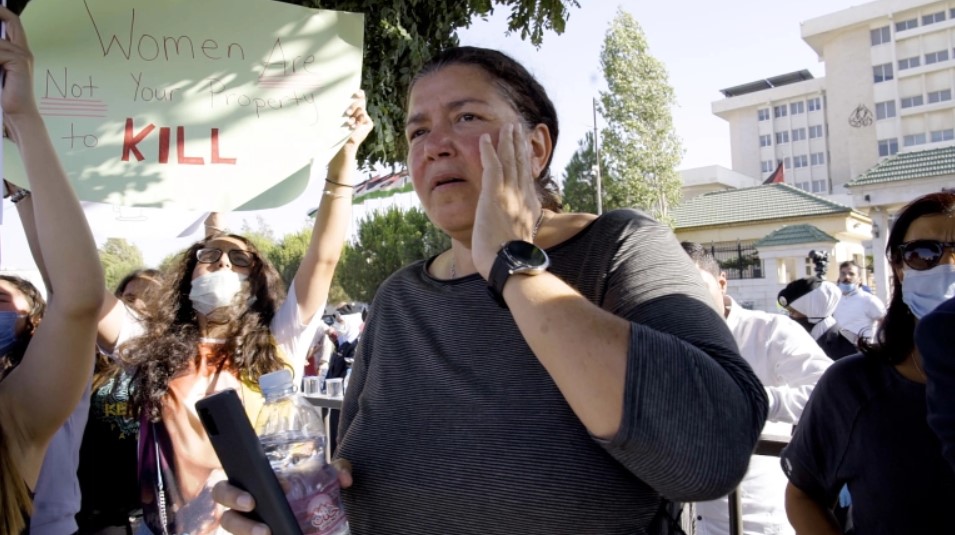
HIDDEN HISTORY: The New World Order and the Fall of the Ottoman Empire
‘Honor’ as a magic word
In 2002, former UN special rapporteur on violence against women, Radhika Coomaraswamy, described the term “honor” as a “magic word that can be used to cloak the most heinous of crimes”.
Much later, the UN Office on Drugs and Crime conducted a global study on homicide that was gender-related to women and girls for the year 2017.
The report indicated that a total of 87,000 women were intentionally killed that year, including 50,000 who were killed by intimate partners or family members, meaning that 137 women across the world are killed by a member of their own family every day.
Figures from the UN Population Fund from 2000 show that more than 5,000 women are killed annually for reasons related to “family honor”, although experts estimated the number to be much higher even back then.
In my own research, I found that many “honor” killings were not reported at all or were classified as suicide or accidents.
Signs of change
In Jordan, things started to take a positive turn in the late 2000s. It had been a long time coming.
In 1998, shortly after I had won the Reebok Human Rights Award for my activism and reporting on honor crimes, a Jordanian pharmacist approached me to suggest we form a group to tackle the problem at the grassroots level. I was excited by the idea. We emailed our friends and urged them to spread the word. The National Jordanian Committee to Eliminate So-called Crimes of Honor was founded the following year. We decided to hold our meetings in our houses. At the first one, 30 people turned up.
Within a few weeks, we had formed a core group of seven women and four men who would meet on a weekly basis to discuss the best means of raising awareness about the issue of “honor” killings and lobbying for the abolition of all laws that discriminate against women and afford the perpetrators of such crimes leniency.
We prepared a petition and collected 15,000 signatures. For the first time, Jordanians signed their names and gave their full contact details on a petition. In the past, people had always been reluctant to sign a petition for fear of being harassed by security agencies. The country had been under martial law from the 1950s to the 1980s, during which time political parties were banned, and people were forbidden to distribute pamphlets or circulate petitions. Although these laws had ended in the late 1980s, people remained cautious for some time afterward.

It was clear that the public mood was in our favor. We used to take the petitions everywhere we went. We would encourage the (mostly male) waiting staff at restaurants and cafés we visited to sign, and most would after hearing our arguments. If we saw the chefs, we would also ask them to sign too. On one occasion, I saw a street cleaner and approached him with a pen. He grabbed it quickly and told me: “Of course I want to sign this petition. It is against our religion to kill a human being.”
On another occasion, we walked into a shop and identified ourselves. The shopkeeper replied, “I’ve been waiting for you,” and signed.
Of course, some people refused – either because the topic did not interest them or because they believed “honor” killings were justified.
We divided ourselves into teams and toured the governorates to talk to people from all walks of life. In general, we found most wanted to learn more and many signed.
Soon, the local dailies and other media outlets started reporting on our activities. With that came harassment from some conservative MPs and religious figures who accused us of being Western and Zionist agents whose ultimate goal was to destroy the morals of Jordanian families.
Columns and editorials were written attacking us. And one conservative member of the lower house of Parliament, Mahmoud Kharabsheh, told me in person: “Women adulterers cause a great threat to our society because they are the main reason that such acts [of adultery] happen. If men do not find women with whom to commit adultery, then they will become good on their own.”
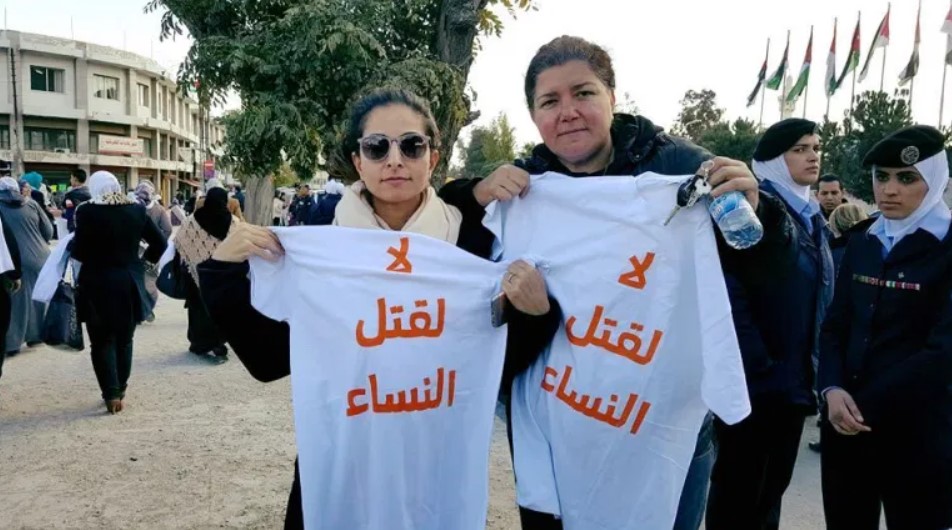
The great Article 340 debate
I was present in Parliament on the day Article 340 was debated. Kharabsheh was the first to speak. “This draft is one of the most dangerous legislation being reviewed by the House because it is related to our women and society,” he told the assembly.
There were defenders of the proposal to abolish Article 340. Nash’at Hamarneh, a leftist from Madaba – a majority Christian town about an hour from the capital, Amman – argued that Jordanian society could not develop unless women were given their full rights. “This article has become a sword over the necks of our women. [Furthermore] we have never once heard of a man being killed in the name of honor,” he said, amidst vehement indignance from lawmakers.
At the end of the session, when it was time to vote, I took a peek from the balcony to see who might vote in favor of reforming the law. I was expecting a count of hands and for the names of the deputies and how they had voted to be called out. But, despite almost a dozen deputies speaking out against Article 340, one deputy asked: “Why are we wasting more time?”
The speaker asked who was against the proposed bill to reform the law. The majority of the deputies waved their hands and that was that. A decision had been taken and the bill had been rejected without even the pretense of a count of hands. Article 340 remains law to this day.

On another occasion, in February 2000, we organized a public march led by Prince Ali – the half-brother of King Abdullah – and Prince Ghazi bin Mohammad to Parliament to demand an end to such crimes and the abolition of discriminatory laws, including Article 340.
Afterward, Prince Ali posted on an internet chatroom: “Contrary to some opinions, the demonstrations were organized and carried out without any governmental or institutional help.
“In fact, the prime minister [Abdur-Raouf Rawabdeh] stood against it. He contacted Jordan TV and the papers and asked them not to publicize the demonstration. When we moved to the government, the prime minister was supposed to meet us. However, he sneaked out before we arrived…
“In reality, forces both within the government and Parliament had never intended the bill [to amend Article 340] to pass in the first place… the reason behind it is not about the article itself but fear that the article will lead to reforms…reforms that would hold them accountable, loosen their grip on power, by allowing people to move creatively and freely in progressing our country.

More and more people started to speak out against these crimes and the unjust laws that allowed them to continue.
They casually said they would ‘kill their sisters’
In the past, many Jordanian men would casually say they would kill their sisters if they did anything perceived to have damaged their family’s “honor”.
But for the past 10 years, I have found that men’s reactions to my lectures and to the topic, in general, have undergone a major shift. Many men have become much more interested in being part of the solution.
And there have been small changes along the way. In 2003, for example, a royal committee recommended changes to Article 98 of the Jordanian Penal Code that had been used as leeway for perpetrators of such murders by their lawyers. It stated: “Whoever commits a crime in a fit of fury which is the result of an unjustifiable and dangerous act committed by the victim, benefits from a mitigating excuse.”
The committee recommended that the principle be disallowed as an excuse for crimes against women unless a husband caught his wife in the act of adultery and it extended this right to women who caught their husbands in an act of adultery.
Lenient sentences against men accused of honor crimes have continued, of course. In 2014, for example, a court revoked the death sentence of a man convicted of shooting and killing his daughter, sentencing him to 10 years in prison instead. The daughter, who was in her late 20s, had left her marital home for several days, the court was told, and her father wanted to “cleanse the family’s honor”. His sentence was reduced after the family agreed to drop the charges against him.
But the changes that have taken place have filled me with hope. Still, the fight continues and demands dedication, commitment, and patience.
Napomena o autorskim pravima: Dozvoljeno preuzimanje sadržaja isključivo uz navođenje linka prema stranici našeg portala sa koje je sadržaj preuzet. Stavovi izraženi u ovom tekstu autorovi su i ne odražavaju nužno uredničku politiku The Balkantimes Press.
Copyright Notice: It is allowed to download the content only by providing a link to the page of our portal from which the content was downloaded. The views expressed in this text are those of the authors and do not necessarily reflect the editorial policies of The Balkantimes Press.
